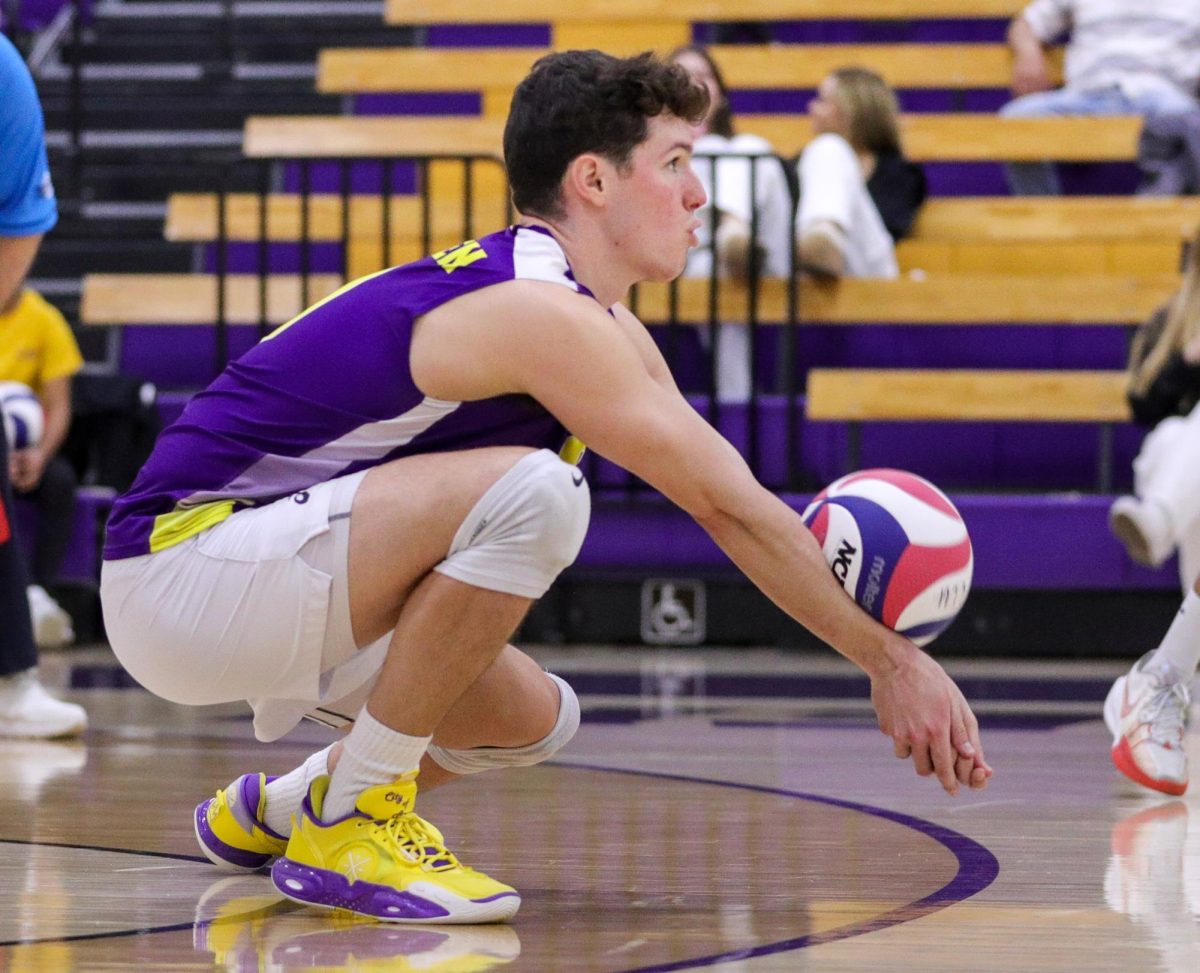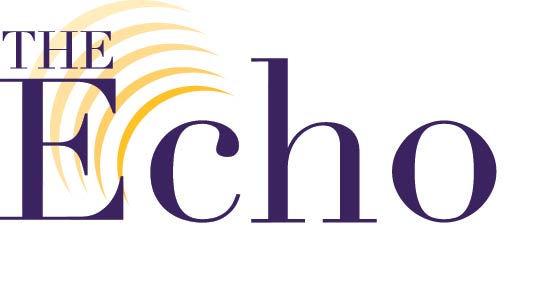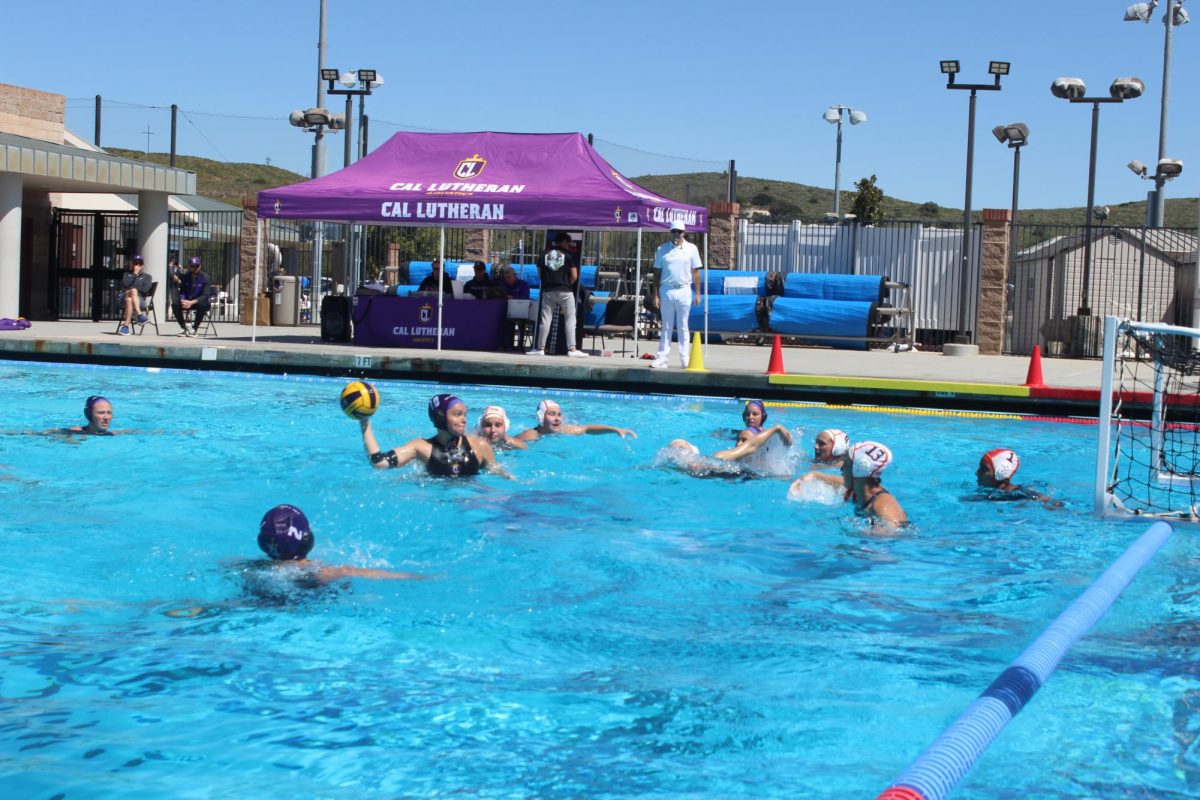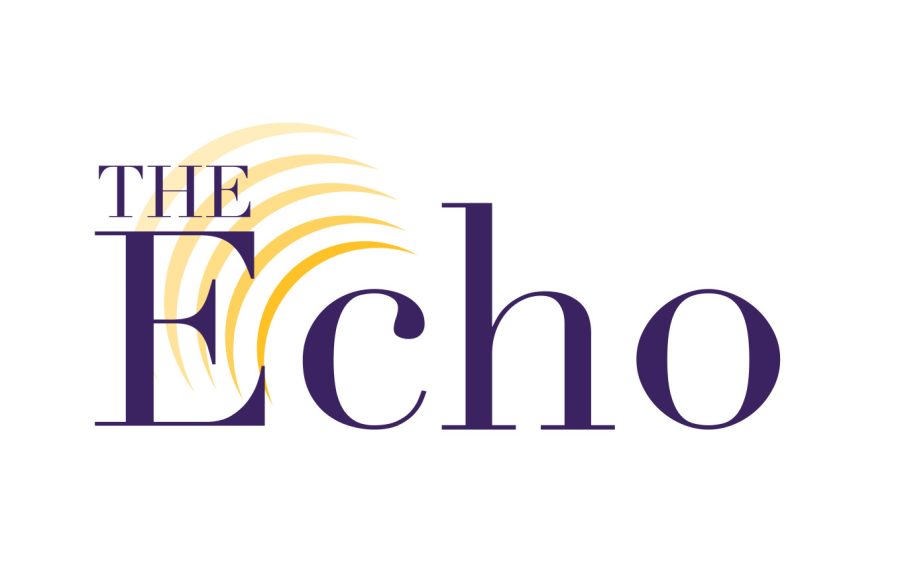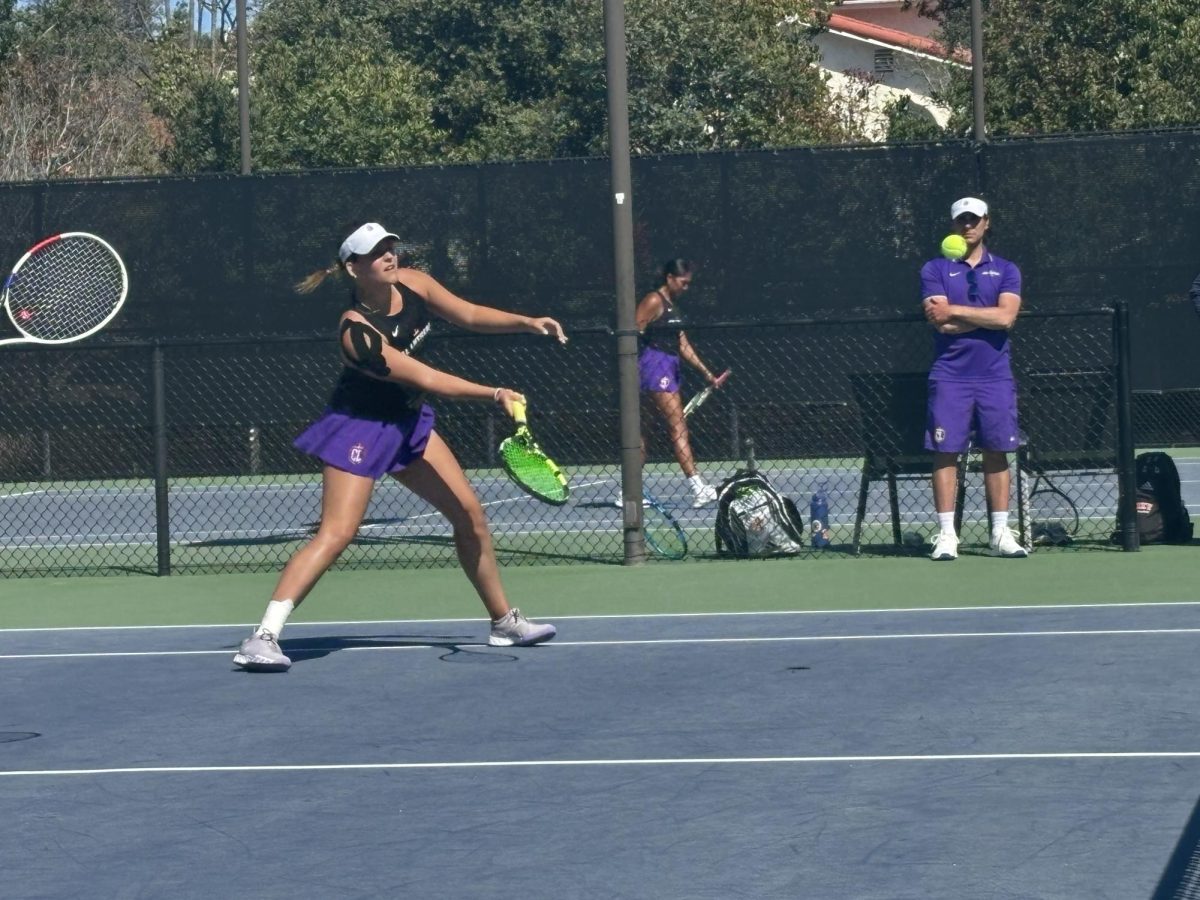California Lutheran University students always seem to be on the go. Whether a student commutes to class, drives home for a visit or goes out for a night, the Southern California lifestyle almost always requires a vehicle to get to a location. As we all know, with driving comes traffic.
As a commuter at Cal Lutheran and a frequent driver though Los Angeles, traffic can not only be irritating but time-consuming.
According to data from the U.S. Census Bureau and the Texas Transportation Institute, Los Angeles came in third for the most traffic-clogged cities in the U.S. For 2013 it came behind New York City in second, and Washington D.C. as the worst trafficked city in America. Although, Los Angeles does lead in rush hours per day at eight hours.
Thousand Oaks is under an hour away from Los Angeles and we still feel the effects. In our tech-filled world, it’s only natural that someone found a way to make driving a little easier. Incomes Uri Levine and Ehud Shabtai, co-founders of the free social media traffic app Waze.
According to the app’s official website, it is described as the world’s largest community-based traffic navigation app that gives you the best route every day, with real-time updates from other drivers.
California State University, Channel Islands junior student Marti Lewis, who uses the app frequently, finds it very helpful but doesn’t use it every day.
“I love Waze, but I will only use it for places I don’t know or where traffic is really bad. It’s great to have and keeps you aware of your surroundings when driving. People want to get places fast, and if they can do that safely, that’s a bonus. You have a community that helps each other get to their location safely,” Lewis said.
Waze was founded in Israel in 2008 by Uri Levine, Ehud Shabtai, Amir Shinar and CEO Noam Bardin. The app was purchased by Google in 2013 for $1.1 billion according to the Wall Street Journal. It is estimated some 50 million people use the app daily.
As of February, The D.C. Department of Transportation joined forces with the app and will send real-time traffic and construction information to commuters through the app.
Cal Lutheran freshman student Taylor Rowlands commutes from Tarzana every day, but has only used the app on vacation in Oregon.
“The app was definitely useful in knowing traffic flow, but I mainly used it as a guide to know where I was going. It helped me navigate where I was going easily,” Rowlands said.
As successful as the app is, there has been some backlash. The app allows the user to report accidents, traffic, objects in the road and even police. This has become a problem as police say it could interfere with official investigations.
The National Sherriff ’s Association is asking Google to remove the feature that allows them to report police officers, as they are concerned with the safety of their authorities.
Google said they will not do this, and Waze has released an official statement saying they are always concerned for the safety of officers all over the world, but the sharing of information in real time gives users a better understanding of what’s happening. This keeps citizens safe, promotes faster emergency response and helps to minimize traffic.
I’m a frequent user of the app, and completely understand police safety is important, but my experience with Waze has shown that more often than not, the cops that were reported are no longer there. They’ve either left or were reported so long ago the information is outdated. I’ve found that it actually acts as a reminder to be careful when I’m driving, not to slow down solely because a cop was reported nearby.
Rowlands said she thinks it will be great to have a heads up but people should be safe no matter if you think a cop is near or not.
“It’s nice to have a heads-up, but that doesn’t mean its OK to speed whenever we think the coast is clear. It’s better to be late than in an accident,” Rowlands said.
Cal Lutheran junior student Edward Hill said he doesn’t feel the need to use an app like Waze, but thinks it’s a great idea.
“I don’t use a traffic app because there is only one way to get from my house to school anyways, but I like the idea of being able to report an officer’s location because many times officers set up speed traps. I don’t like speeding tickets,” Hill said.
What’s spectacular about the app is it cuts my time in half when driving through Hollywood and Los Angeles. The app will re-route you according to traffic. I’ve learned to actually trust Waze, because it’s almost always right.
Users should have the right to report incidents and police on Waze because ultimately it does more good than harm in getting people to their destinations quickly and safely. That is if the user is not actively reporting and driving. However, this is up to the user to practice safe driving conditions and the app reminds you to do so when you begin driving.
Mary Callaway
Staff Writer
Published March 4th, 2015



